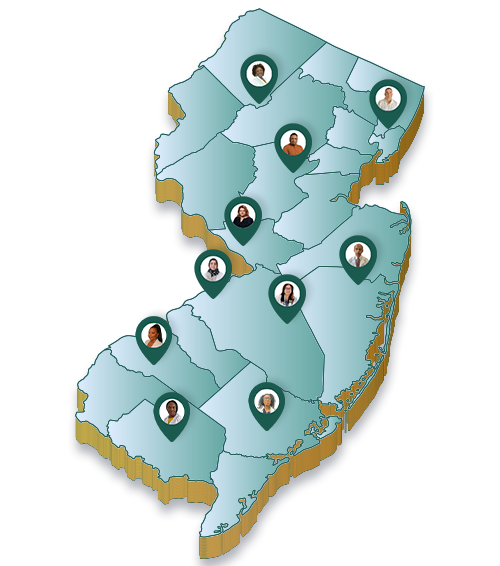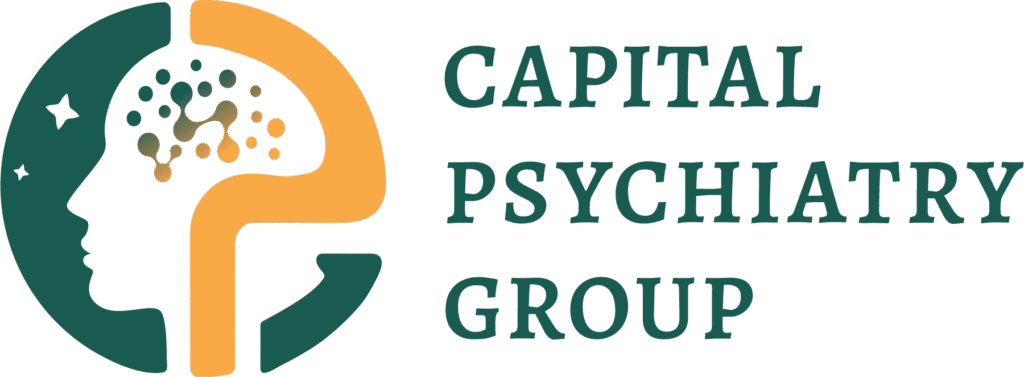PTSD Treatment
PTSD Treatment in New Jersey
Post-traumatic stress disorder (PTSD) is a mental health condition that can develop after a traumatic event. People with PTSD experience flashbacks, nightmares, sleep problems, emotional numbness, hypervigilance, mood changes, and more.

When Trauma Won’t Let Go, CPG Helps You Reclaim Life

Symptoms of PTSD and Trauma-Related Disorders
Intrusive Symptoms
- Unwanted, distressing memories
- Nightmares related to the event
- Flashbacks, feeling like the event is happening again
- Intense psychological distress at reminders
- Physical reactions to triggers (racing heart, sweating)
Avoidance Symptoms
- Avoiding thoughts or feelings about the trauma
- Avoiding reminiscent people, places, or activities
Changes in Cognition & Mood
- Persistent negative beliefs
- Guilt, shame, or self-blame
- Loss of interest in things you used to enjoy
- Feeling detached or estranged
- Troubled nostalgia of the traumatic event
Reactivity and Alertness Changes
- Hypervigilance ("constantly on guard")
- Being easily startled
- Irritability or anger outbursts
- Sleep problems (falling or staying asleep)
- Difficulty concentrating & restlessness
How We Diagnose PTSD
- First Session: We discuss your experiences, triggers, sleep, concentration, and daily functioning.
- Clinical Tools: Our providers aligned with DSM-5 criteria to measure intrusion, avoidance, mood/cognition changes, and arousal/reactivity.
- Medical & Mental Health Review: We rule out symptoms of other co-occurring conditions, review current medications, and the overall history.
- Diagnosis & Plan: If PTSD is diagnosed, we provide a personalized plan (therapy & medication) and follow-ups to monitor benefits and side effects.
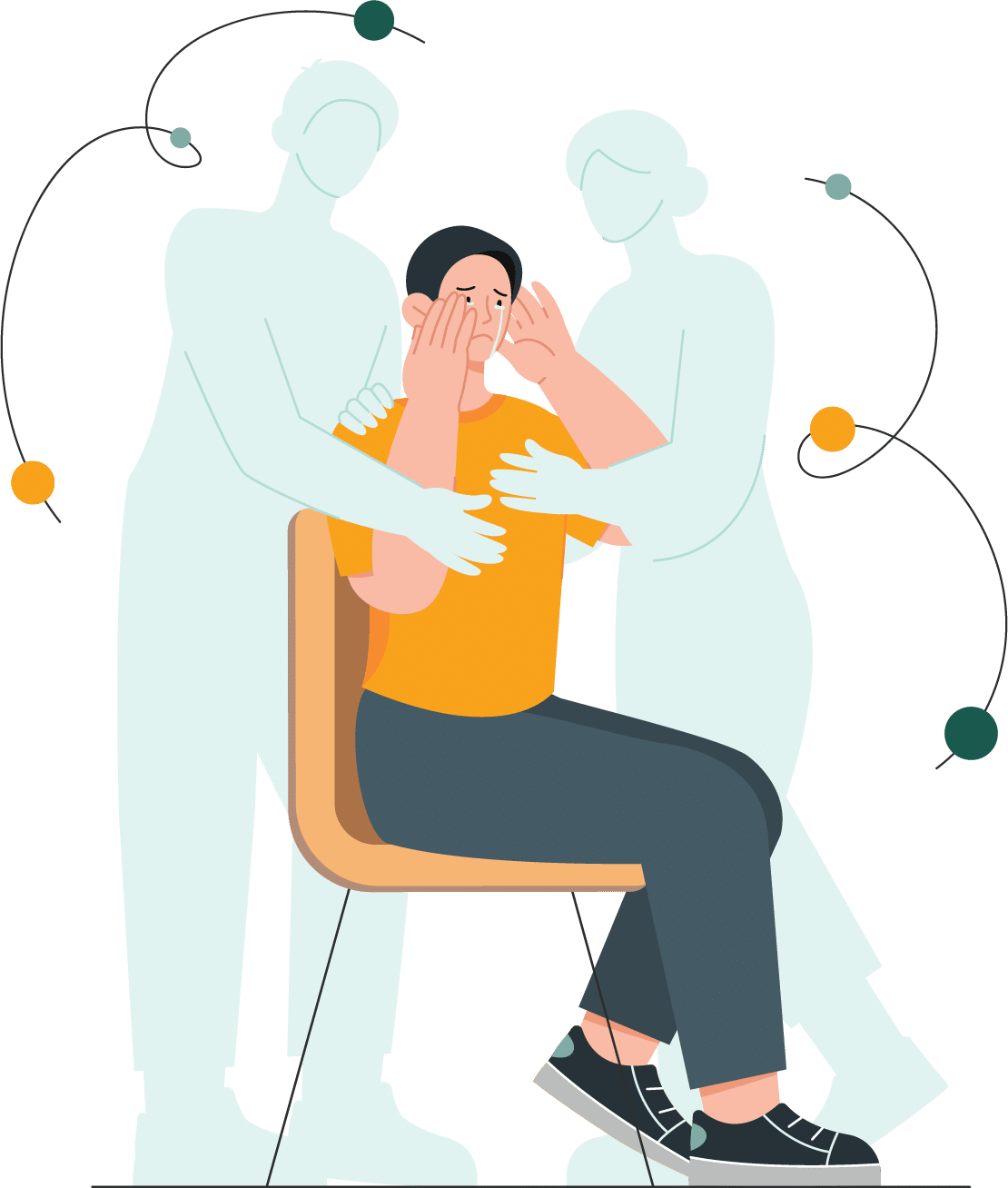
Therapies and Counseling We Offer for PTSD
Trauma-Focused Cognitive Behavioral Therapy (TF-CBT)
Mindfulness-Based Cognitive Therapy (MBCT)
Cognitive Behavioral Therapy for Insomnia (CBT-I)
Interpersonal Psychotherapy (IPT)
Cognitive Behavioral Therapy (CBT)
PTSD Counseling
Crisis Intervention
Counseling For First Responders
Supportive Psychotherapy
Person-Centered Therapy
Group Therapy
Stress Management
Why Choose Capital Psychiatry Group for PTSD Treatment
- All insurances accepted
- Weekend appointments
- Walk-in & same day appointments
- PTSD Psychiatrists & Psychologists
- HIPAA-compliant telepsychiatry
- In-clinic PTSD care
- Personalized care plan
- PTSD Therapy & counseling
- PTSD Medication Management
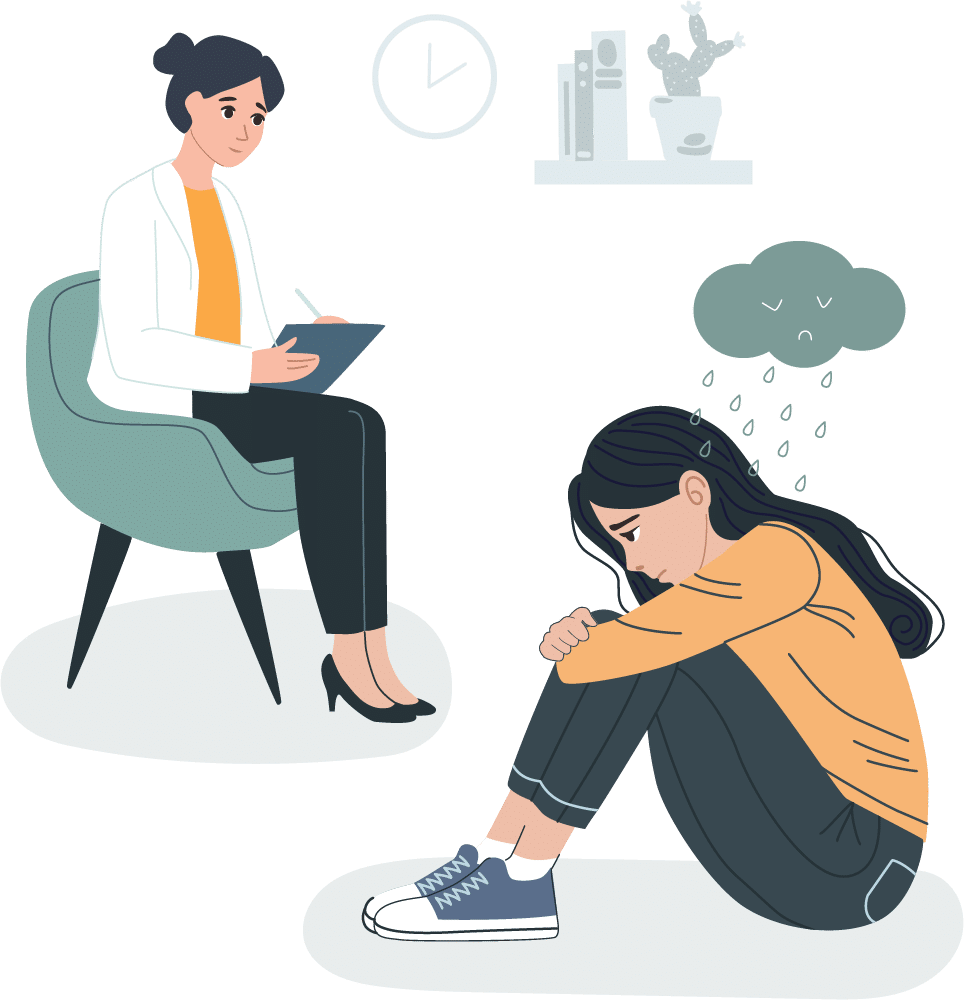
Your Now Is Not Forever, Start Healing With CPG
Areas We Serve Across New Jersey

Frequently Asked Questions
Yes. We accept all insurance plans, including Medicaid and Medicare.
Yes. Our licensed psychiatrists conduct full evaluations via secure video, using structured interviews consistent with DSM-5 standards.
If you're looking for a PTSD psychiatrist & psychologist near me, CPG is your best choice in NJ. We provide in-person care in 6+ clinics and telepsychiatry appointments all across New Jersey. Call us today at 609-323-5252 to book an appointment and manage the symptoms of PTSD.
Our mental health professionals will review your symptoms, history, triggers, sleep, and overall health. We will align your symptoms with DSM-5 criteria. If PTSD is diagnosed, we provide a personalized treatment (therapy & medication) plan with clear follow-up steps.
That’s common. We assess carefully; if it isn’t PTSD, we’ll explain findings (e.g., trauma-related stress, anxiety, depression) and guide you to the right next solution.
Capital Psychiatry Group offers outpatient healthcare services in 6+ clinics in New Jersey. We also deliver the best PTSD treatment all across New Jersey with telepsychiatry services. Meaning, no matter where you are in NJ, our outpatient treatment is always near you.
